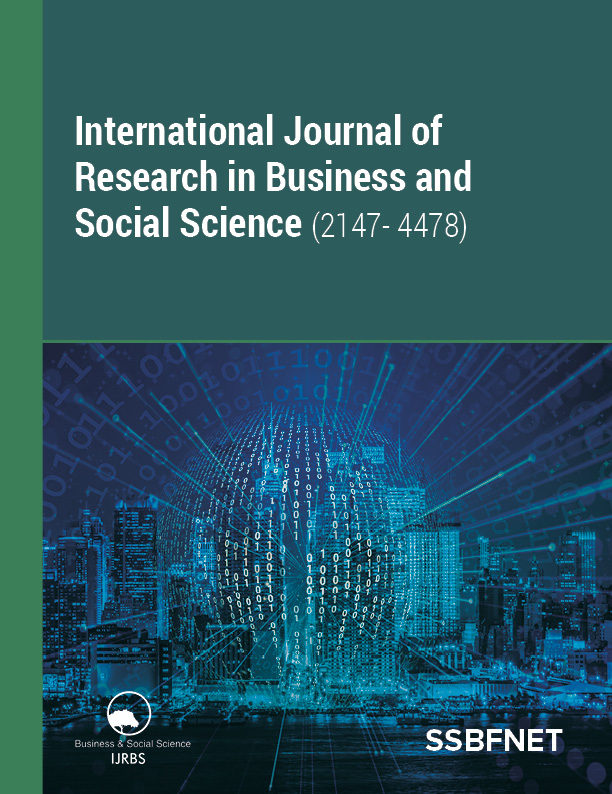
International Journal of Research in Business and Social Science
Yazarlar: Ece H Guleryuz
Konular:
Anahtar Kelimeler:Public Education Spending Human Capital Lobbying Power Interest Groups Governance Indicators
Özet: This paper examines the relationship between the lobbying power of different interest groups and public education spending in a panel data estimation during the period 1996-2009 for 132 countries. The resource rents, manufacture exports, and agriculture value added are used as proxy variables for the lobbying power of the natural resource owners, manufacturers, and landowners, respectively, in order to substantiate the definition of the lobbying power of the interest groups more with economic fundamentals. As lobbying power is mediated through political institutions, different governance indicators are used individually and in interaction terms with the proxy variables in the estimations. It is found that when the country is more politically stable and the more the rule of law applies, the negative (positive) effect of the lobbying power of natural resource owners (manufacturers) on public education spending intensifies. The negative effect of landowners’ lobbying power diminishes as institutional quality as measured by governance indicators improves.